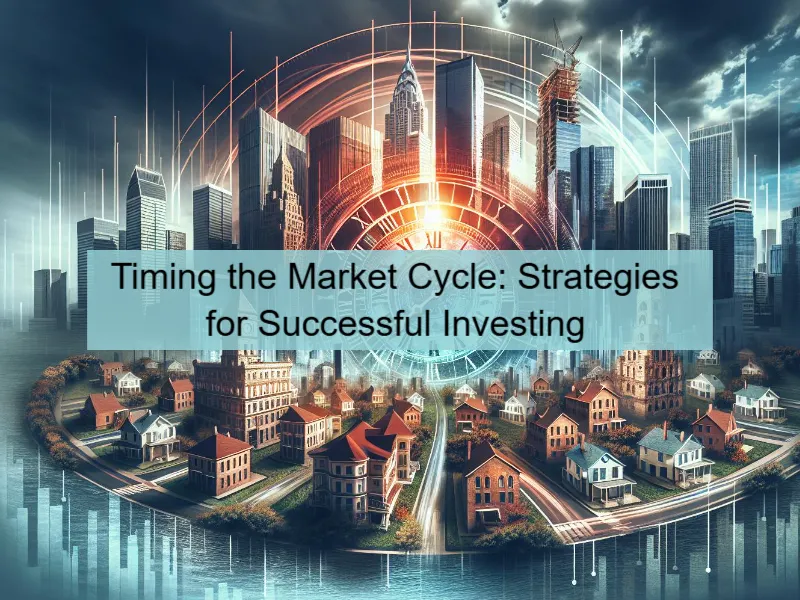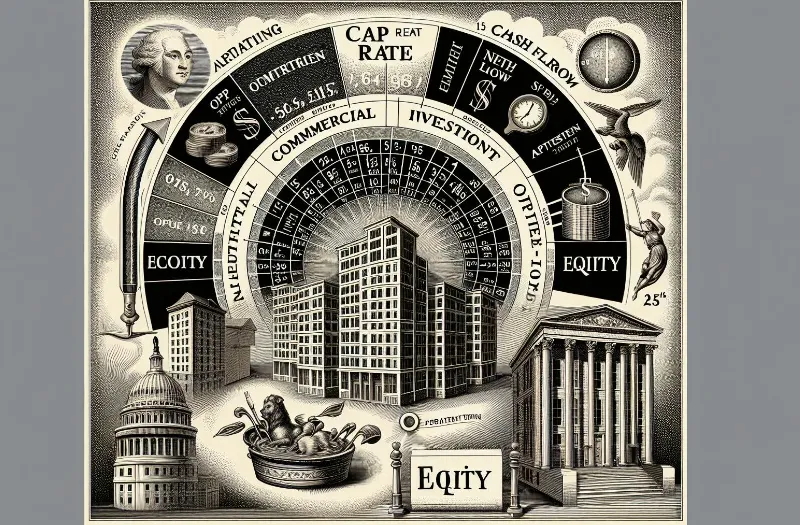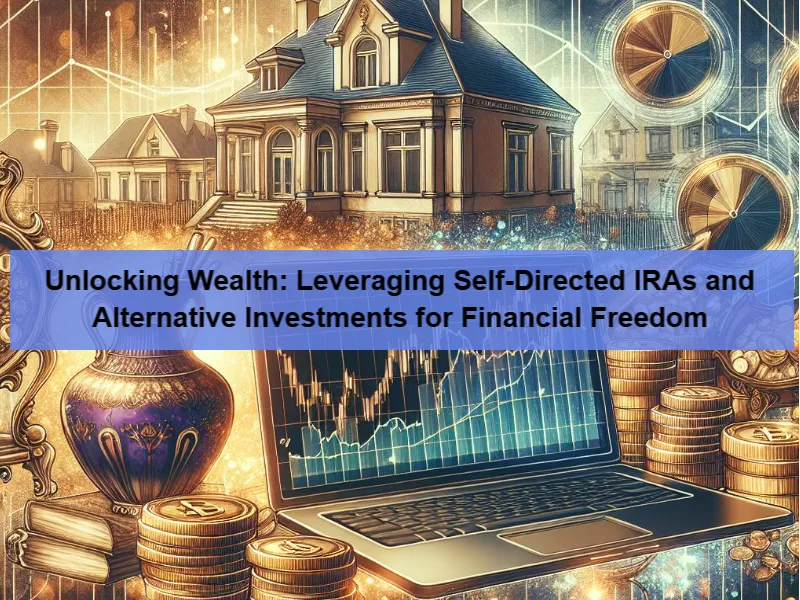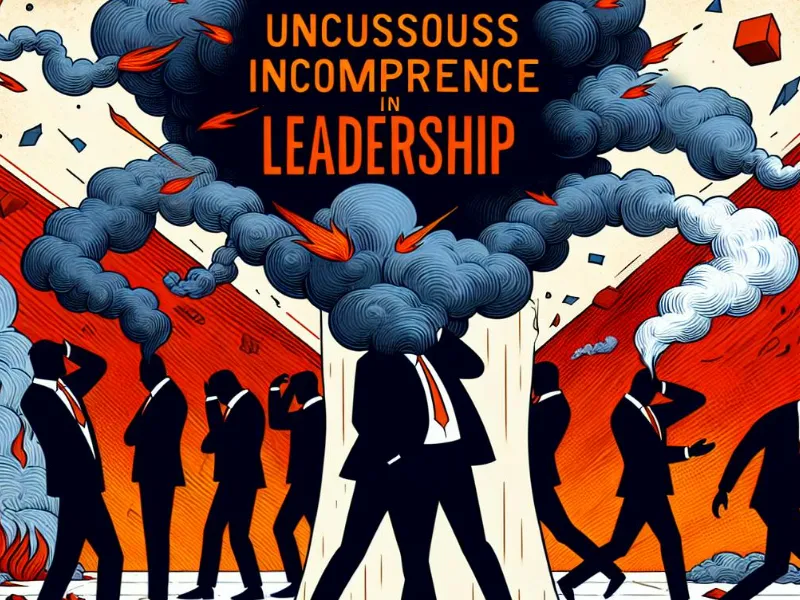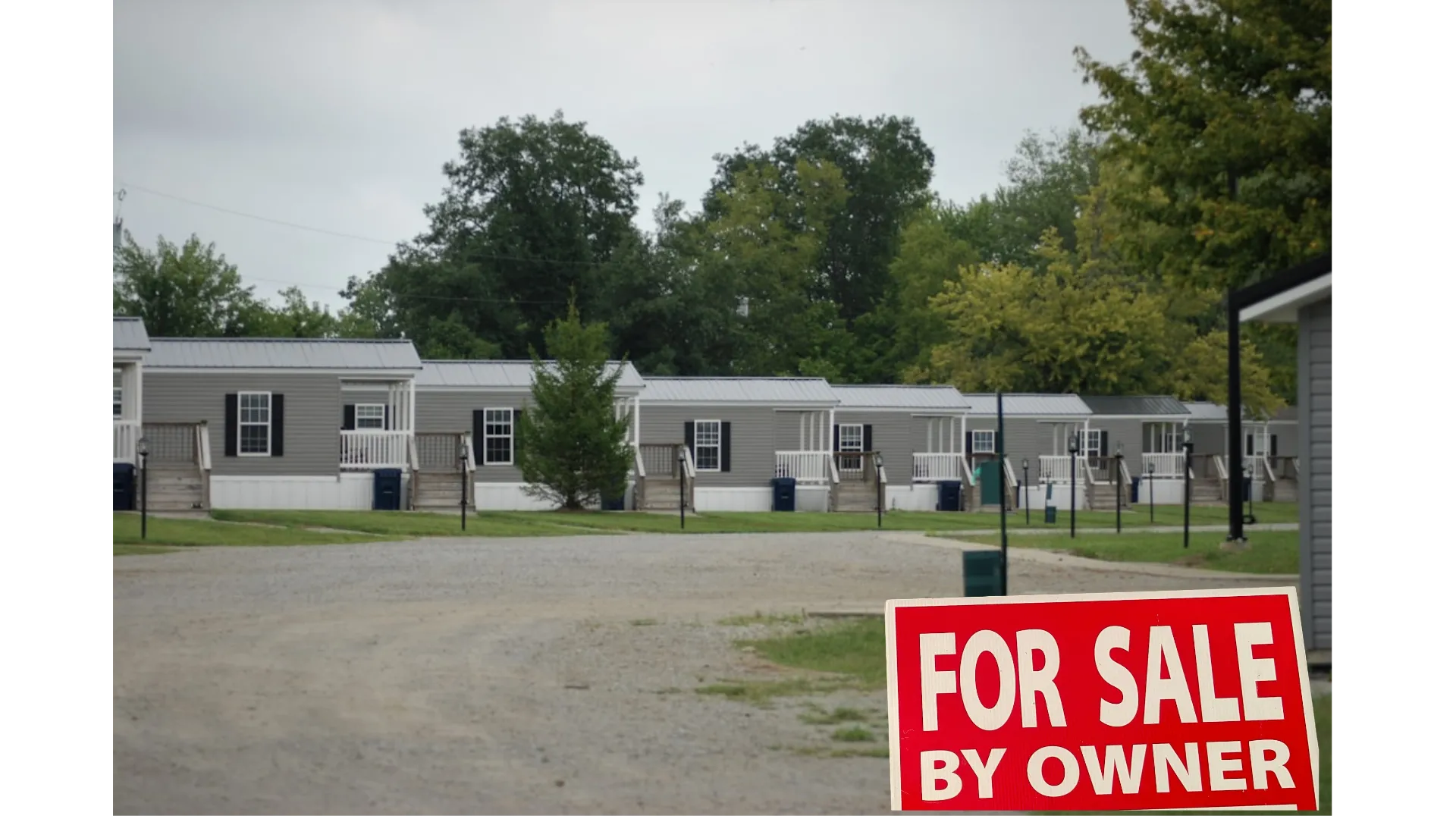Learning from Real Estate Investment Failures: Key Lessons from Everyday Investors

Introduction: The Reality of Real Estate Investment
Investing in real estate can be a daunting yet rewarding journey.
For many, the prospect of turning a property into a profitable asset is alluring. However, the road to success is riddled with potential pitfalls.
Surprisingly, even seasoned investors are not immune to failure.
In fact, some of the most profound lessons come from those who have faced setbacks.
This article examines real-life case studies, detailing what went wrong and the crucial lessons learned from these experiences.
Case Study 1: The Overenthusiastic Investor
The Scenario: Meet Laura, a first-time investor who was eager to dip her toes into the real estate market.
After attending several seminars promising quick profits, she purchased a rundown duplex in a gentrifying neighborhood, convinced that her renovation skills would transform the property.
What Went Wrong: Laura underestimated renovation costs and overvalued the property’s potential post-renovation worth.
Compounded by unforeseen structural issues, her budget spiraled out of control. The anticipated swift return on investment turned into a drain on her finances.
Lesson Learned: Conduct Thorough Research Laura's experience underscores the importance of realistic budgeting and understanding market dynamics.
Engaging professionals for accurate estimates and conducting detailed market research could have saved her from significant losses.
Case Study 2: The Hasty Purchase
The Scenario: Jason was drawn to the allure of a vacation rental property in a popular tourist destination.
Lured by the projected rental income and positive market forecasts, he made a quick purchase, bypassing key due diligence steps.
What Went Wrong: After purchasing, Jason discovered that the location was affected by seasonal fluctuations, resulting in long vacancy periods.
Additionally, an unexpected increase in local regulations regarding short-term rentals further complicated matters.
Lesson Learned: Avoid Rushing into Decisions Jason learned that thorough due diligence is indispensable, particularly regarding local regulations and market trends.
A hasty purchase can lead to long-term financial consequences.
Case Study 3: The Mismanaged Property

The Scenario: Sarah owned several rental properties, but as her portfolio grew, she became overwhelmed with the management aspect.
In an attempt to save money, she opted to self-manage all her properties instead of hiring a property manager.
What Went Wrong: The lack of professional management led to tenant issues, property neglect, and missed rent payments.
Eventually, Sarah found herself facing costly repairs and high tenant turnover.
Lesson Learned: Know When to Delegate Sarah realized that sometimes, hiring professionals can be a far more cost-effective solution in the long run.
Managing multiple properties requires substantial time and expertise.
Case Study 4: The Economic Downturn
The Scenario: Thomas, an ambitious investor, ventured into a high-end condo development project just before an economic downturn.
The initial market analysis showed promise, and he was confident in the investment's stability.
What Went Wrong: As the economy slowed, demand for luxury condos plummeted. Thomas struggled to sell units and keep the project afloat, ultimately resulting in financial strain and foreclosure.
Lesson Learned: Anticipate Market Cycles This experience taught Thomas the importance of market timing and risk assessment.
Investing during uncertain economic times can be perilous without contingency plans.
Case Study 5: The Cost of Emotional Decisions
The Scenario: Rebecca fell in love with a charming historic property in a neighborhood she adored.
Ignoring financial advice, she bought the property purely based on emotional attachment.
What Went Wrong: Once the purchase was finalized, Rebecca encountered numerous hidden costs and zoning issues, all of which began to pile up.
The project quickly became more burdensome than anticipated.
Lesson Learned: Keep Emotions in Check Rebecca’s story highlights the necessity of separating emotions from investment decisions.
Real estate should be assessed with a clear, analytical mindset.
Case Study 6: The Importance of Networking
The Scenario: Mark was a solo investor who preferred to handle his real estate dealings without external advice or support.
He thought he could manage everything himself based on his limited experience.
What Went Wrong: Without a network, Mark missed out on critical market insights and valuable advice.
He also struggled to find trustworthy contractors and ended up paying inflated prices for poor-quality work.
Lesson Learned: Build a Network Mark learned the value of networking within the real estate community.
Building relationships can lead to better opportunities, guidance, and cost-effective partnerships.
Conclusion: Turning Failure into Wisdom
The stories of these investors reveal that while failure is often a part of the investment journey, the real power lies in learning from those experiences. By understanding their mistakes, future investors can navigate their paths more wisely, avoiding the same pitfalls.
Take Action: What Will You Learn?
- Reflect on your investment approach: Are you rushing decisions or letting emotions guide you?
- Engage in continuous learning: Seek knowledge from both successes and failures of others.
- Build relationships: Connect with professionals in the industry for insights and support.
As you embark on your real estate investment journey, remember that every misstep is an opportunity for growth.
Equip yourself with the knowledge, experience, and wisdom gleaned from those who have come before you, and transform potential failures into future successes.










